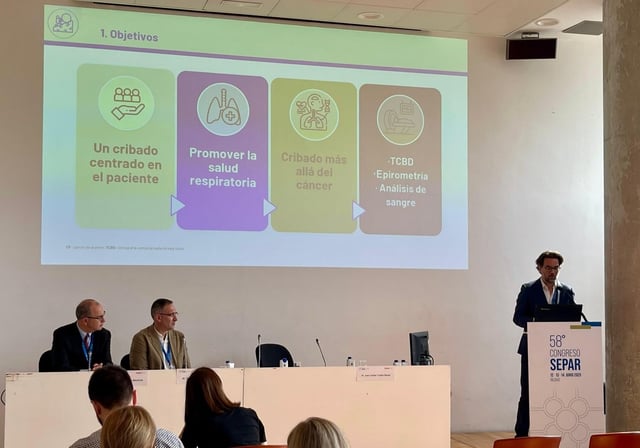Overview
- The Cassandra pilot using low-dose CT and spirometry detected early lung cancer in 21 of 658 high-risk participants, a 3.2% positivity rate
- The program selects individuals aged 50 to 75 with at least a 20-year, one-pack-per-day smoking history and has enrolled 97% of active smokers in cessation support
- Screenings also uncovered other respiratory and heart conditions—including COPD, pulmonary fibrosis and coronary calcifications—prompting further evaluation in 19% of participants
- Experts say early detection through this model could raise five-year survival rates from 15% to around 80% and might identify over 1,000 early cases annually if scaled nationally
- Organizers plan to expand the pilot by September, increasing monthly screenings from 80 to at least 200 across additional hospitals and regions

